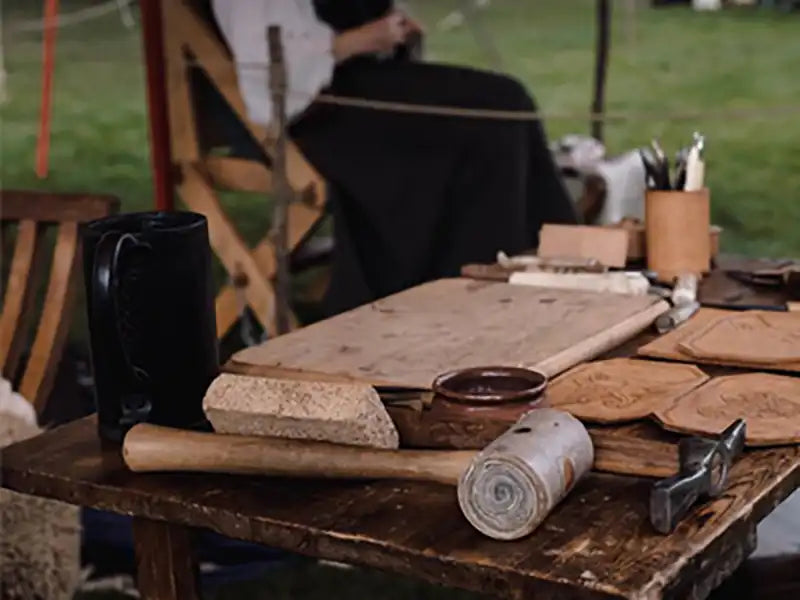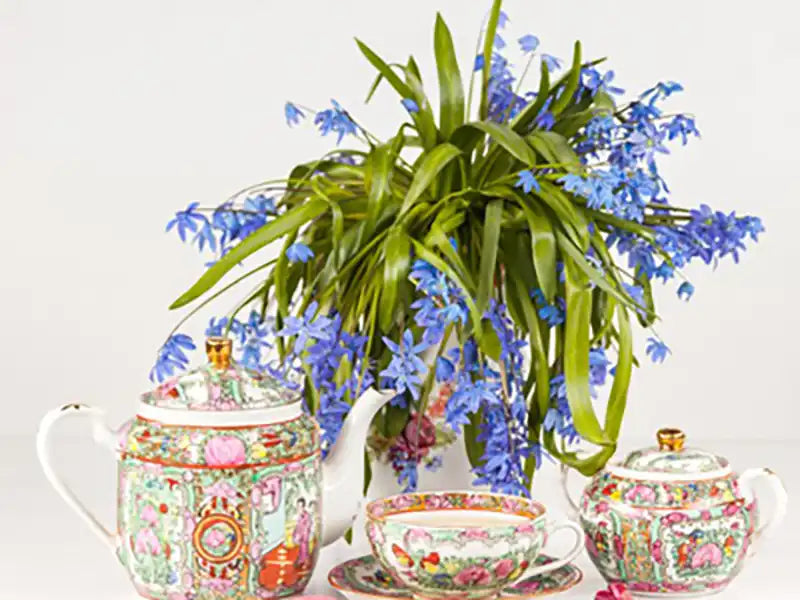The first step in planting an organic garden is to understand the meaning of the word organic. Organic gardening means cultivation without the use of chemical fertilizers or pesticides. Organic gardens are cultivated using natural fertilizers and natural insect repellents, such as co-planting.
How to have an organic garden!
Planting in an organic garden is not harder than farming in a garden that uses chemical fertilizers, but it requires a little more planning. To have a successful organic garden, you must have healthy soil for plants to grow. To achieve this goal, you need to strengthen the soil with food to provide all the possible deficiencies. To do this, start with good, natural compost.
In simple terms, compost is a decaying plant or animal substance. You can easily make a compost bin using kitchen waste and the addition of gardens, cut twigs and leaves. You can use a 55 gallon barrel as a simple compost bin. If you use a barrel, be sure to drill holes all around it a few inches so that the compost can breathe and cook.
Natural fertilizer can be purchased from all reputable horticultural equipment centers. These fertilizers can include seaweed extract and various types of fertilizers. Fertilizers can be rabbit, poultry, goat or cow dung, or a mixture of bovine and poultry dung, which is usually preferred by professional organic producers.
By constantly adding compost and other fertilizers to the soil, you get the best start for your own seeds and buds when it's time to plant. Healthy plants are your first defense against disease and insect attack.
What do organic products mean?
When we go to the fruit seller's market to buy, we sometimes come across products that the sellers call "organic" products. Meanwhile, for some consumers, the question may be, what is the difference between organic products and non-organic products? It should be said that organic products are products that are in harmony with the natural system at all stages of growth and in soil where no pesticides have been used for several years, such as weeds, fungi and chemicals, and only with natural materials such as compost. Plants are strengthened, they grow.
Organic fruits do not undergo any genetic modification and gases are not used for premature fruit growth. For this reason, the color of this type of fruit is natural and not too bright or less than usual. Their texture is not very soft or firm. The size of the fruits is balanced and they have a natural and suitable taste and smell, but the most obvious criterion for distinguishing organic fruits from non-organic ones is their natural taste and smell. In addition, the skin of organic fruits is perfectly proportioned to the fruit and not very thick. Most importantly, in this type of crop, reducing soil contamination with fertilizers and toxins results in the retention of beneficial elements such as calcium, iron, phosphorus, magnesium and vitamin C in vegetables.
Note: The appearance of the product can not be the right criterion for buying organic products. We must pay attention to the quality of the product and the place where it is produced. Products offered in many local markets are usually healthier. Finally, we buy products that are certified. Demand for these products will provide a way to produce them.
Gardeners who grow plants organically do not use the chemicals that make their crops grow so fast, and instead use more expensive tools such as using more workers. An organic garden, whether small or large, requires far more labor than a garden that is run organically. Organic gardeners use all kinds of natural care to produce their products and protect those products against pests and diseases, which in itself will cost a lot ...
10 useful reasons to use organic products
1. You and your next generation will enjoy a healthier life.
2. You are confident in the value and health of your product.
3. Organic product warranty is a lifetime warranty.
4. The main taste and the main property of the product is obvious.
5. Do not eat chemicals.
6. Drinking water is cleaner and purer.
7. Less energy is consumed to produce organic products.
8. The use of chemical fertilizers and poisonous insecticides can sometimes kill other plants. As a result, it damages the soil and causes erosion.
9. Buying and using organic products is the support of organic gardeners.
10. Biodiversity is expanding.






